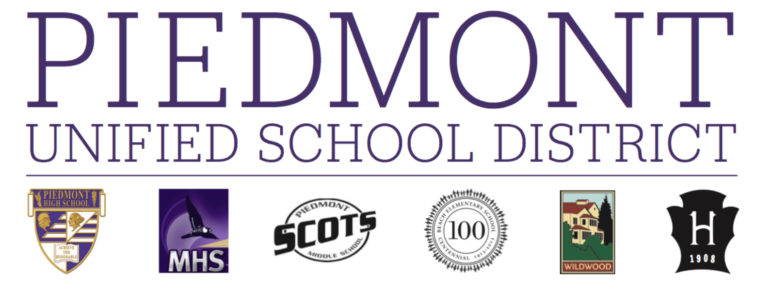
We teach our students about growth mindset because we want them to learn from their mistakes. We need to practice what we preach. The adults in PUSD made a big mistake recently, and we must grow and learn from it.
Following the Derek Chauvin verdict on April 21 a district leader sent an email inviting all students at our two high schools to participate in racial affinity groups using a subject line that implied that white students needed the same support as students of color. The wounds caused by an insensitively-worded subject line were significant, and the effect on our community has been painful for many, especially our students. We are sorry for the harm caused.
Students rightfully called attention to the email and the administrator quickly apologized. She clarified that the intent of the white students group was for white students to learn how to be a better ally. That apology and explanation alone was not enough. Our Board and our superintendent see this mistake as an opportunity for transformation that will strengthen our commitment and actions to achieve equity and anti-racism in our schools. We are engaged in deep reflection and identifying tangible actions we can take to ensure that something like this does not happen again.
Affinity groups bring people with similar backgrounds, especially those from marginalized identity groups, together to share experiences and speak honestly in a safe space. Affinity groups are often used in schools to provide students with an opportunity to gather and discuss issues, reactions to local and national events, and consider actions that will increase equity. In Piedmont Unified School DIstrict, we have successfully used affinity groups in the past to strengthen the social and emotional skills of and relationships among students, staff, and administrators. For example, we recently offered staff and student groups for those identifying as Asian Amerians and Pacific Islanders (AAPI) to give them a private and facilitated space to process their thoughts and emotions around recent incidents of violence against members of AAPI communities. We sincerely regret that we did not explain to the students and the community why we were offering these groups after the Derek Chauvin verdict.
We are just beginning our journey to becoming an anti-racist district. It will be a long one and we are committed to staying the course. As stated in a Board resolution passed last summer, we stand as allies with our Black students, staff, families, and community and vow to review and revise our policies, procedures, values, goals, and mission to create an unbiased and inclusive environment that is free of discrimination, harassment, and negative stereotyping toward any person or group. We commit to engaging in critical self-reflection, engaging the wider community in meaningful, honest, and ongoing study about race to address narratives, beliefs, and assumptions that perpetuate racism. We will work proactively to eliminate institutional barriers that negatively influence student learning and impede students’ equal access, and to use data to identify and take steps to eliminate disparities in educational outcomes for students.
For those interested in learning further details, we have posted an FAQ on our website.
“If we create a culture where every educator believes they need to improve, not because they are not good enough but because they can be even better, there is no limit to what we can achieve.”
– Dylan Wiliam
Piedmont Unified School District
760 Magnolia Avenue
Piedmont, CA 94611
510.594.2614 office
Is critical race theory and/ or the 1619 project included in the k-12 curriculum ?